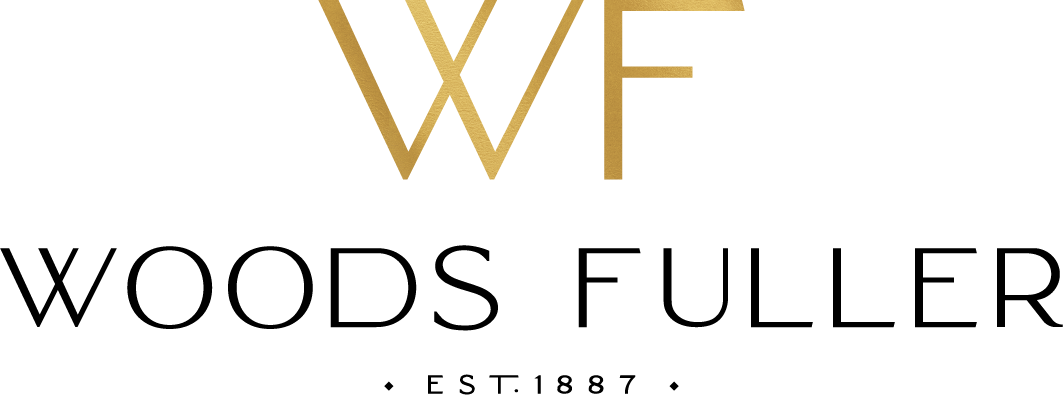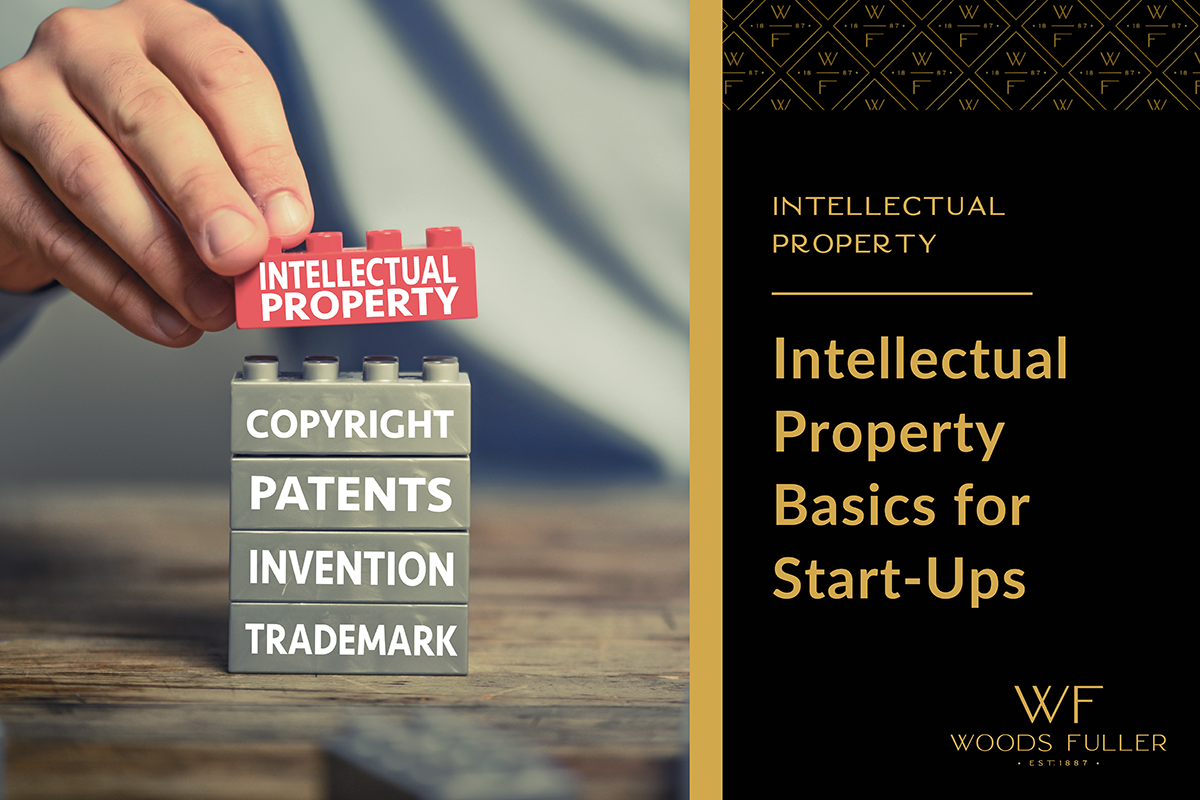Intellectual Property Basics for Start-Ups
When businesses consider protecting their property, they often think of adding locks to the doors
or installing security cameras, but it is just as important, particularly for start-up companies, to
preserve their business’s intellectual property. New business owners should know how to protect
their intellectual property, including trademarks, copyrights, patents, and trade secrets.
Trademarks
A trademark is a distinctive word, name, design, phrase, or symbol businesses use as a way to
distinguish themselves and their products from others in the market. A prime example is the
Nike swoosh. Trademarks limit product confusion, protect against competitors infringing on one
another’s business and help create brand recognition.
When considering the implications of trademarks on your business, it is important to first
determine whether the marks (business name, product names, and logos) that your business
wants to use are not already being used by someone else. If you discover that you are the first
user, you should take advantage of trademark protection and register your mark with the USPTO
to fend off infringing competitors.
Copyrights
Copyright law protects your company’s unique work from others who represent it as their own.
A wide variety of works can be subject to copyright protection: articles, writings, songs,
computer codes, and images. A copyright is created the moment a work becomes
“tangible”—meaning copyrights cannot be used to protect ideas, but as soon as you snap a
photograph or write your idea on a piece of paper, you have a copyright to that work. To enforce
that copyright against infringers, however, you need to have registered or applied for registration
of the copyright.
Additionally, start-ups can successfully avoid infringing the copyrights of others and engaging in
potentially costly disputes that may follow by refraining from using third-party images, music, or
writings.
Patents
A patent enables businesses to exclude others from using their novel, useful, and non-obvious
inventions, even if the infringing party did not intentionally copy or have direct notice of a
previous patent. Patentable works include software, business methods, and machines. A patent
typically expires 20 years after the filing date of the application.
As a general rule, start-ups should research registered patents to ensure that they are not
infringing on any rights to use a patented invention.
Trade Secrets
A trade secret is information that has economic value because you have worked to protect its
secrecy. Put simply, trade secrets protect information that is valuable to a business because its
competitors do not have access to the information. Formulas, recipes, business methods, and
customer information may be considered trade secrets. Trade secrets will remain protected until
the information is no longer a secret. Start-ups may protect their trade secrets by limiting access
to their most vitally unique information and by entering into non-disclosure and confidentiality
agreements.


